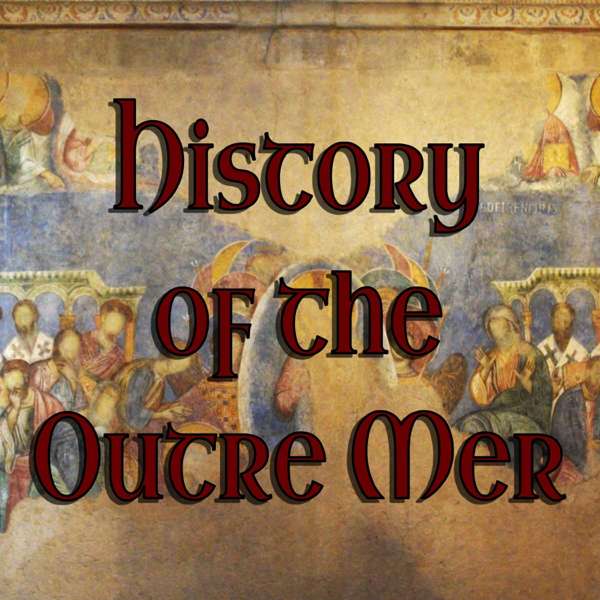Karim Brohi gives an insight into his mindset as a trauma surgeon, drawing on lessons from Zen philosophy.
During this talk he discusses how we can develop the self confidence that helps us cope with stressful clinical situations.
The word confidence is often talked about in a negative context, in terms of overconfidence or arrogance.
Karim however uses this talk to highlight the importance of self-confidence. Self-confidence is important for you, your team, your department, and your healthcare system.
Karim will teach you how to use this confidence to handle whatever is thrown at you.
Zen philosophy draws on the notion of water. Water, mind like water, heart like water and core like water. How do you adopt a heart, mind and core that is like water?
Water takes the shape of whatever environment it is in. In a glass, a vase or a lake, the water fills the space. It mimics its environment. Extending this analogy, water in its resting state is calm and still.
However, throw a stone into the water and you create ripples and waves. Thereafter, the stone disappears, and the water once again becomes calm. Karim draws parallels between the properties of water and one's mindset.
At a trauma scene, panic and confusion can spread rapidly amongst all present without that panic or confusion every being named. However, if a calm and reassured team leader arrives, everything else stills around them. Like water they react to a challenge, an external stimulus, accept it, deal with it, and then return to a resting state.
A trauma surgeon or team leader reacts appropriately to its environment, and then becomes calm again.
This, Karim posits, is how a trauma surgeon, or team leader, should behaviour.
The notion of the Zen Garden is another useful analogy from which to draw inspiration. Zen gardens are defined by their attention to detail. This extends to medical practice. Attention to detail enables you to be prepared and deal with anything that comes through the door.
Again, it allows you to foster confidence. Compounding this, is the quality of the gardens that enhances the minimal. They are perfect not when there is no more to add, rather, when there is no more to take away. In a medial sense, Karim draws comparisons to medical imaging.
What is important? What is unnecessary? The gardens are meticulously planned.
Karim highlights the importance of planning is his practice that has helped him instil confidence in himself and his team to deal with all scenarios. Using the art of Zen you can be ready for anything and teach the mind to deal with change with confidence.
For more like this, head to our podcast page. #CodaPodcast

 Our TOPPODCAST Picks
Our TOPPODCAST Picks  Stay Connected
Stay Connected






